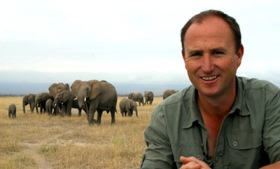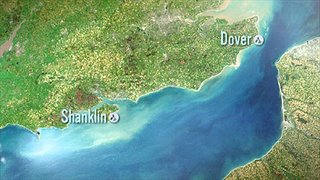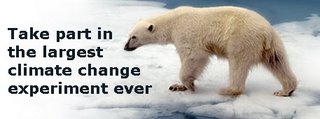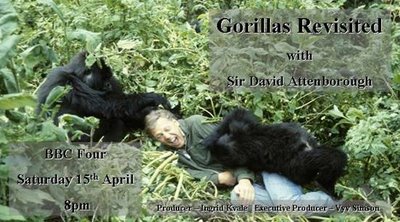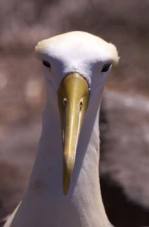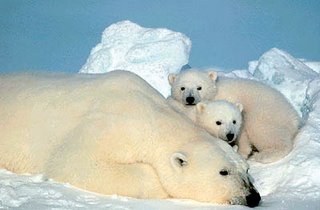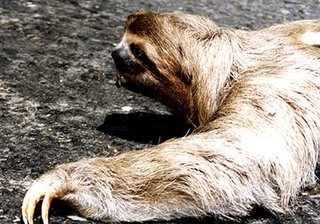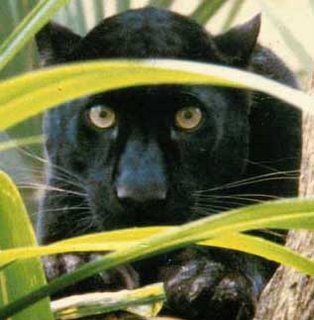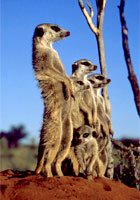BBC 1 Sunday 9pm
7.2 million, 28.5% Audience share
Patrick Barkham Only one more Planet Earth to go - what will Sunday nights be like without it?
From The Guardian:
Planet Earth (BBC1, Sunday) is nearing the end of its series, and George Fenton's score triggers a melancholy premonition of the globe-sized gap it will leave in Sunday night's schedules.
"Trees. Surely among the most magnificent living things," began Sir David Attenborough as a camera swooped up a vertiginous Californian redwood. Like many childhood fans of Life On Earth and The Living Planet, I was shocked when I rediscovered Attenborough after two decades. His voice seemed to have been around, as he would say, since before humans walked the earth, and now his 80-year-old timbre is more false-toothy than breathy. But this new fragility chimes with the eco-calamity we are living. Planet Earth on our plasmas may soon be all we have left.
This is monumental television. Every shot is full of wonder. Like ropeless bungee jumpers, mandarin duck chicks hurl themselves from the nest to the leafy forest floor; the pink tongue of a crossbill prises open a fir cone; fecund bracken unfolds. Every sound, too, from the sniffling fear of the world's smallest deer - with toothpicks for antlers - to the dog-straining-on-a-lead choke of a wolverine ripping apart a caribou in the snow.
The commentary may play second fiddle, but Tony Blair should sign up Attenborough, or Planet Earth's script editors. We learn that the taiga forest on the Arctic fringes contains as many trees as all the world's rainforests; that a sequoia in California is the largest tree on earth, 10 times the size of a blue whale; that bristlecone pines pre-date the pyramids; that autumn leaf colour can be seen from space.
Sometimes Attenborough is a poet: the prints of wild animals are "stories written in the snow". Next he's a bit Doctor Who. "The nymphs of the periodical cicada have been biding their time." For 17 years, it turns out. "Now they march like zombies towards the nearest tree and start to climb."
Occasionally, it's X-rated. "The air is heavy with the scent of females," he breathes over the rutting of red deer. And then he's droll. "In local folklore, the wolverine is a cross between a bear and a wolf." Beat. "In reality, it's a huge weasel."
Only in the forests of Chile does Attenborough turn senile sports commentator as the smallest wildcat in the Americas goes moth-hunting. "You might call this a game of cat and moth." Oh, Sir David.
Sometimes, you wish the cameras would linger longer in one spot, such as when the pine martin stalks two mating grey squirrels. You want Mister Martin to chalk one up for the red squirrel population. Instead we see a lone grey "stocking his larder" depart in the jaws of the martin while the nasty shaggers get to carry on breeding.
The 10-minute slot at the end showing how it's all filmed jars slightly and might be better scheduled half-an-hour later. This week, however, the amur leopard is upstaged by Dany Cleyet-Marrel, a Frenchman straight from the early aviation era who has invented a special steerable balloon. For some unfathomable reason the Beeb's health-and-safety jobsworths agree that this bonkers balloonist can provide a much-needed filmic swoop around "static" trees.
"Oh my giddy aunt," screeches terribly BBC camerman Warwick Sloss before unleashing a blizzard of un-BBC beeps as the Frenchman pilots the pair into a baobab tree. Cleyet-Marrel tries to repair his balloon contraption accompanied by mournful music from the Jean de Florette soundtrack. Like the script, the score, the editing, the sound and the pictures, it is immaculate. Is it hyperbolic to say we may never see anything like it like again?
The joy of a Sunday in December is that you can immerse yourself in the natural world without leaving the house. From Countryfile (BBC1) in the morning, to the Crocodile Hunter Diaries (ITV) in the afternoon, it's easy to traverse the planet as briskly as Attenborough.
 Psiphon is software that I was thinking of for getting around Geographical IP problems as it might be a method by which overseas viewers can receive UK-only BBC web content? . It "allows citizens in uncensored countries to provide unfettered access to the Net through their home computers to friends and family members who live behind firewalls of states that censor."
Psiphon is software that I was thinking of for getting around Geographical IP problems as it might be a method by which overseas viewers can receive UK-only BBC web content? . It "allows citizens in uncensored countries to provide unfettered access to the Net through their home computers to friends and family members who live behind firewalls of states that censor." "One 3.5m satellite dish with a four way LNB, connected to four Sky boxes with four Media
"One 3.5m satellite dish with a four way LNB, connected to four Sky boxes with four Media
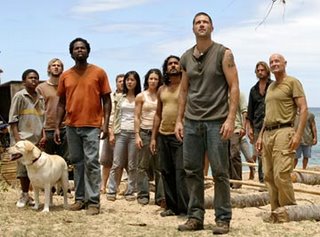 Following a deal with Sky, the first two episodes of the US drama's third season, which began airing on Sky One last week, will be available to view on demand from today (24 November).
Following a deal with Sky, the first two episodes of the US drama's third season, which began airing on Sky One last week, will be available to view on demand from today (24 November).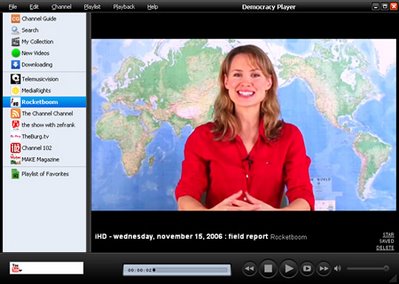 1. Play All Your Videos
1. Play All Your Videos


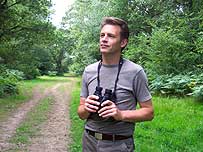

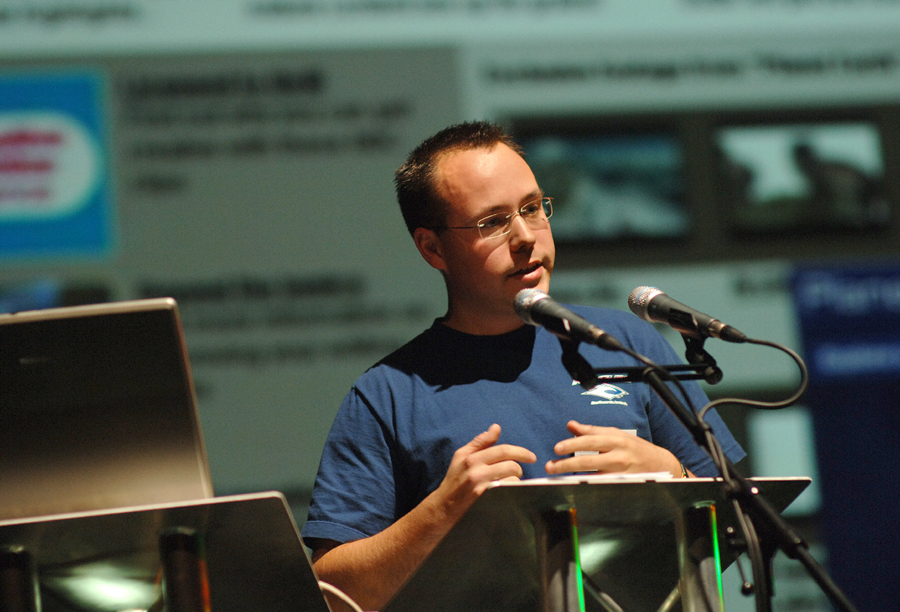






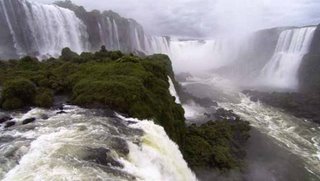
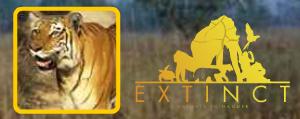




 Sunday 5th November, 5.30pm
Sunday 5th November, 5.30pm